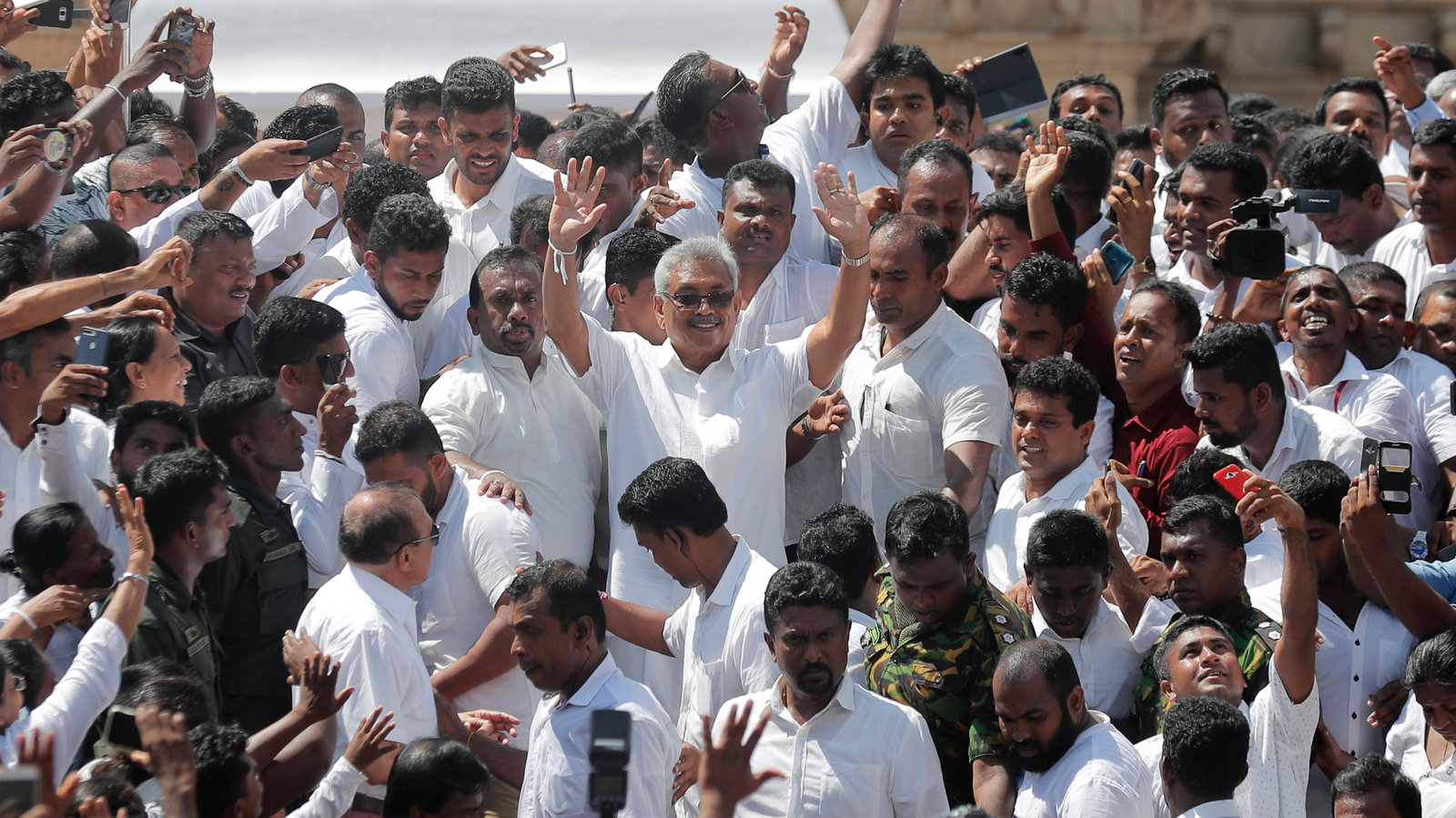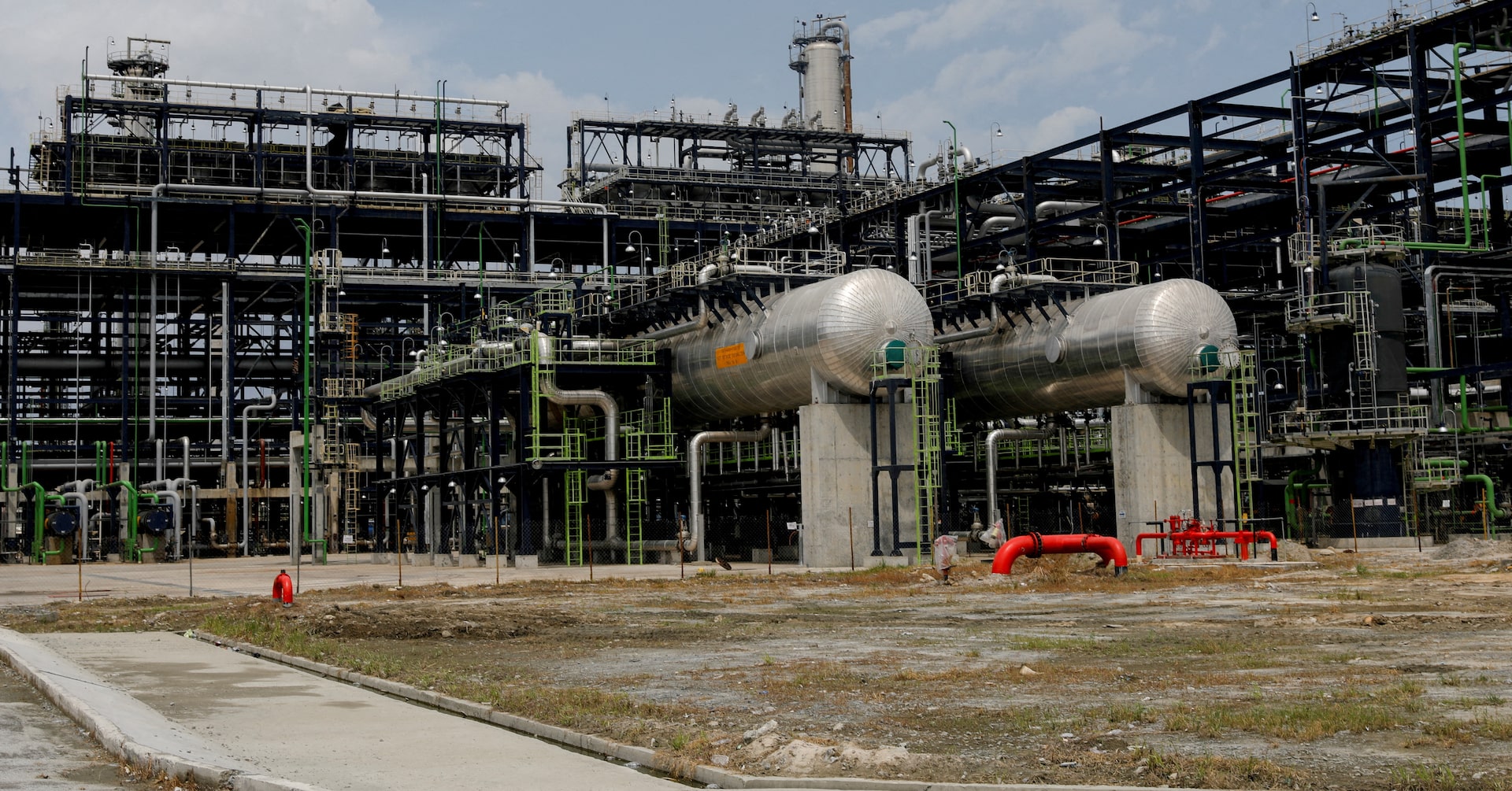Pakistan Economic Crisis: IMF Review Of $1.3 Billion Loan And Latest News

Table of Contents
The IMF's $1.3 Billion Loan: Conditions and Expectations
The IMF bailout package comes with stringent conditions designed to stabilize Pakistan's economy. These conditions demand significant economic reforms, focusing on fiscal discipline, exchange rate adjustments, and structural reforms across various sectors. Failure to meet these conditions could result in the suspension of the loan and further economic hardship.
- Fiscal Consolidation and Revenue Generation: The IMF requires Pakistan to implement measures to increase tax revenue and reduce government spending. This includes broadening the tax base, improving tax collection efficiency, and cutting down on non-essential expenditures.
- Energy Sector Reforms and Subsidy Rationalization: The inefficient and heavily subsidized energy sector needs urgent reform. The IMF demands a phased reduction in energy subsidies and improvements in energy pricing and distribution. This will require tackling years of accumulated losses in state-owned energy companies.
- State-Owned Enterprise Restructuring: Many state-owned enterprises (SOEs) are loss-making and require significant restructuring or privatization. The IMF insists on improving their operational efficiency and financial sustainability.
- Monetary Policy Adjustments and Inflation Control: Controlling runaway inflation is paramount. The IMF expects the State Bank of Pakistan to implement appropriate monetary policy measures, including interest rate adjustments, to curb inflation and stabilize the rupee.
Meeting these conditions presents enormous challenges for Pakistan. Deep-rooted structural issues, political pressures, and social sensitivities complicate the implementation of these reforms. Failure to comply could lead to a further devaluation of the Pakistani Rupee, increased inflation, and a deepening of the economic crisis.
Pakistan's Economic Woes: A Deep Dive into the Crisis
Pakistan's current economic predicament is the culmination of several interconnected factors. High inflation, a persistent current account deficit, dwindling foreign exchange reserves, and political instability have created a perfect storm.
- High Inflation: The inflation rate has skyrocketed, eroding purchasing power and pushing many into poverty. This has been fueled by various factors, including global commodity price increases and domestic policy failures.
- Current Account Deficit: Pakistan's imports consistently outpace its exports, resulting in a large current account deficit, putting pressure on foreign exchange reserves.
- Low Foreign Exchange Reserves: The dwindling foreign exchange reserves severely limit Pakistan's ability to import essential goods and service its external debt obligations. This further fuels the devaluation of the Rupee.
- Political Instability: Political uncertainty further undermines investor confidence and hinders economic growth. Frequent changes in government and policy create instability, making it difficult to attract foreign investment.
The severity of the situation is evident in key economic indicators: inflation exceeding 25%, a shrinking GDP growth rate, and critically low foreign exchange reserves. The balance of payments crisis necessitates urgent and decisive action.
Government's Response and Policy Measures
The Pakistani government has implemented several policy measures to address the IMF's concerns and mitigate the economic crisis. These include austerity measures, tax reforms, and attempts to attract foreign investment. However, the effectiveness of these measures is still debated, and political opposition creates significant hurdles.
- Austerity Measures: The government has introduced austerity measures to reduce public spending and curb the fiscal deficit. These measures, however, are often unpopular and face strong resistance.
- Tax Reforms: Efforts to broaden the tax base and improve tax collection efficiency are underway, but progress has been slow due to administrative challenges and tax evasion.
- Attracting Foreign Investment: The government is attempting to attract foreign investment to boost economic activity and improve foreign exchange reserves. However, political instability and economic uncertainty deter potential investors.
The success of the government's response hinges on its ability to implement these measures effectively while navigating political complexities and social unrest. The implementation of unpopular measures could lead to political instability further exacerbating the crisis.
The Latest News and Developments: IMF Review and Future Outlook
The IMF review is underway, with the outcome holding immense significance for Pakistan's economic trajectory. Recent statements from the IMF indicate a cautious optimism, contingent upon Pakistan’s adherence to the agreed-upon conditions.
- Successful Completion: A successful review would unlock the next tranche of the loan, providing much-needed financial support and potentially stabilizing the economy.
- Failure to Meet Conditions: Failure to meet the conditions could lead to the suspension of the loan, pushing Pakistan deeper into crisis. This could result in further devaluation of the rupee, increased inflation, and potential debt default.
Economic analysts offer varied predictions, with some expressing cautious optimism about the potential for recovery if reforms are implemented effectively, while others warn of a prolonged period of economic hardship. The short-term outlook remains uncertain, while the long-term outlook depends largely on Pakistan's ability to implement structural reforms and improve governance.
Conclusion: Pakistan Economic Crisis: Looking Ahead
The Pakistan Economic Crisis is severe, demanding immediate and decisive action. The IMF's $1.3 billion loan is crucial, but its success hinges on Pakistan's ability to meet the stringent conditions imposed. The government's response, while showing some effort, faces significant challenges. The outcome of the IMF review will be pivotal, shaping the nation's economic trajectory for years to come. The road to Pakistan's economic recovery is fraught with challenges, but with effective implementation of reforms and a commitment to good governance, a brighter future remains a possibility. Stay informed about the IMF bailout package in Pakistan and its progress by following reputable news sources and engaging in informed discussions.

Featured Posts
-
 Sensex And Nifty 50 Soar Understanding The 5 Drivers Of Todays Market Surge
May 09, 2025
Sensex And Nifty 50 Soar Understanding The 5 Drivers Of Todays Market Surge
May 09, 2025 -
 Potential Uk Visa Crackdown Pakistan Nigeria And Sri Lanka Affected
May 09, 2025
Potential Uk Visa Crackdown Pakistan Nigeria And Sri Lanka Affected
May 09, 2025 -
 The Relationship Between Dangotes Refinery And Nnpc Fuel Costs
May 09, 2025
The Relationship Between Dangotes Refinery And Nnpc Fuel Costs
May 09, 2025 -
 Stiven Fray Ot Aktera K Rytsaryu
May 09, 2025
Stiven Fray Ot Aktera K Rytsaryu
May 09, 2025 -
 Razgromnaya Kritika Dakota Dzhonson I Filmy Nominirovannye Na Zolotuyu Malinu
May 09, 2025
Razgromnaya Kritika Dakota Dzhonson I Filmy Nominirovannye Na Zolotuyu Malinu
May 09, 2025
